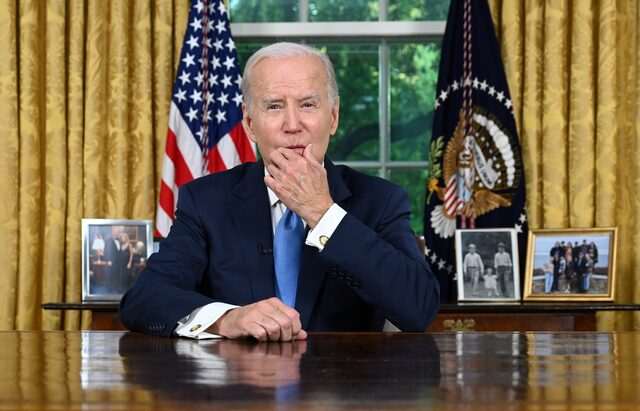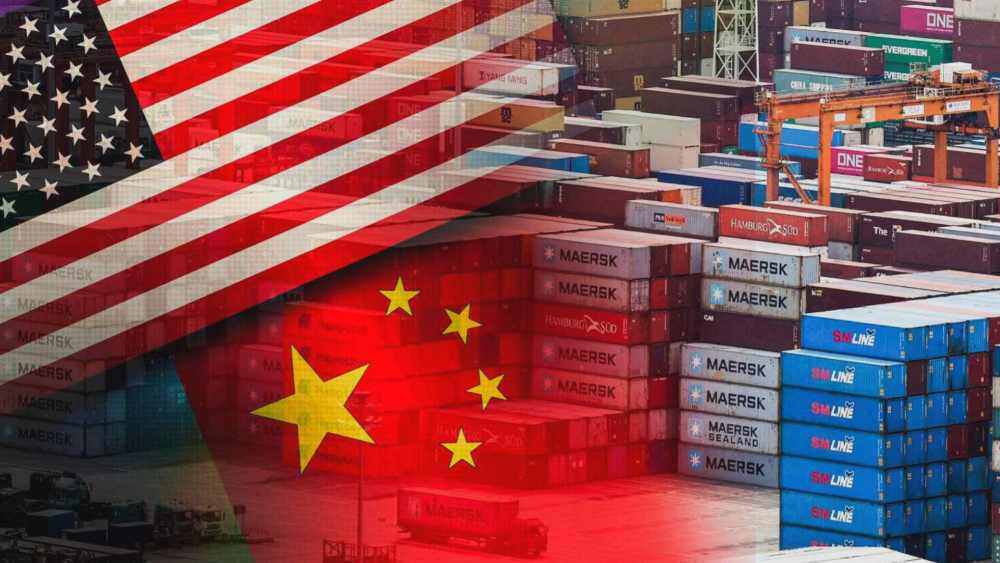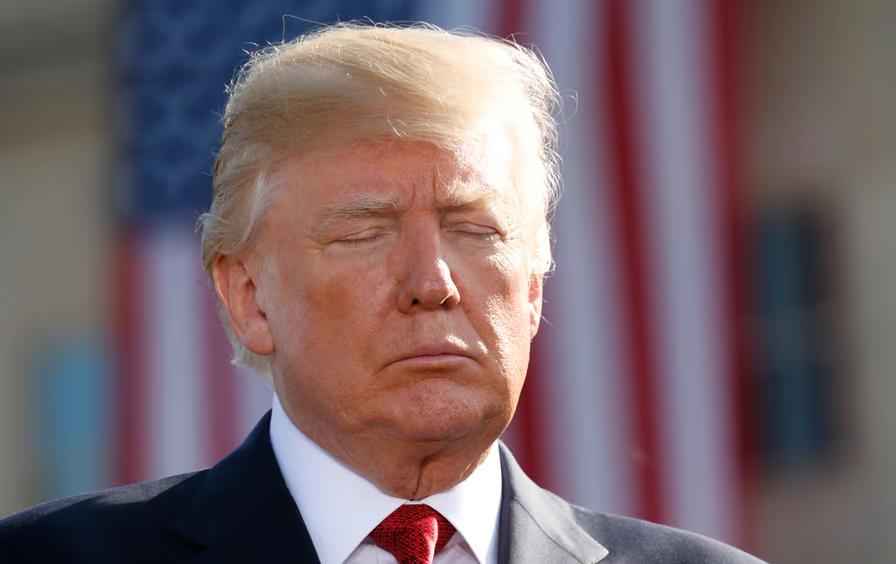Biden Proposes Ban on Chinese Vehicles in U.S. with New Software Rules
Sep 23, 2024 / GMT+6
The U.S. wants to ban Chinese software and hardware in vehicles to protect national security. This could stop most Chinese cars from entering the U.S. market.
More topics for you...This topic continues below.
China reports record $1.2 trillion trade surplus for 2025, defying Trump's tariffs.
On Monday, the U.S. Commerce Department shared a new plan. This plan would ban important Chinese software and hardware from connected vehicles on American roads.
The goal is to keep people safe and protect national security. If this plan is approved, it could prevent almost all Chinese cars from being sold in the U.S.
The news, first reported by Reuters, shows how serious this issue is. The Biden administration is worried about how Chinese companies collect data from U.S. drivers.
They are also concerned about the possibility of foreign control of cars that connect to the internet. In February, the White House started looking into these risks.
The new rules would require American and other major car companies to remove important Chinese technology from their vehicles. This means that even cars made by companies outside China could be affected if they use Chinese software or hardware.
Commerce Secretary Gina Raimondo explained the plan. She said that if foreign enemies create software for cars, it could be used for spying. It might even let someone control vehicles from far away, which is a big danger.
"In an extreme situation," Raimondo said, "a foreign enemy could shut down or take control of all their vehicles in the U.S. at once." This could cause crashes and block roads.
This proposal is part of a bigger trend in the U.S. The country has been making restrictions on Chinese vehicles and technology tighter. Earlier this month, the Biden administration raised taxes on Chinese imports. This included a high 100 percent tax on electric vehicles (EVs) and increases on EV batteries and minerals.
Right now, not many Chinese cars or light-duty trucks are sold in the U.S. However, Raimondo said it’s important to act before Chinese technology becomes common in American cars. "We're not going to wait until our roads are filled with cars and the risk is extremely significant before we act," she said.
Most modern cars are "connected." This means they have technology that lets them use the internet and share data. A senior official from the administration confirmed that this plan would effectively ban existing Chinese light-duty vehicles from the U.S. market. But Chinese car manufacturers could apply for special permissions.
National Security Adviser Jake Sullivan shared more details. He said that the U.S. has proof of China placing harmful software in important American systems. "With millions of vehicles on the road, each lasting 10 to 15 years, the risk of disruption and sabotage grows significantly," he said.
The Chinese Embassy in Washington responded to these planned restrictions last month. They urged the U.S. to follow fair market practices and international trade rules. The embassy emphasized that China would protect its legal rights and interests.
The proposal outlines when the bans would start. Software restrictions would begin in the 2027 model year. The hardware ban would start in 2029 or 2030. The Commerce Department is inviting the public to share their thoughts on this proposal for 30 days. They hope to finalize the rules by January 20. These rules would apply to all cars on the road but would not affect vehicles used in farming or mining that don’t drive on public roads.
The Alliance for Automotive Innovation, which includes major car companies like General Motors and Toyota, has expressed worries. They warned that changing software and hardware would take time. The group pointed out that vehicle technology is developed all over the world, including in China. However, they did not clarify how much Chinese technology is used in U.S. car models.
In short, the U.S. government is taking a strong stand against the use of Chinese technology in vehicles. This move aims to protect national security and ensure the safety of American drivers. The public will have a chance to share their opinions as the proposal moves forward.







